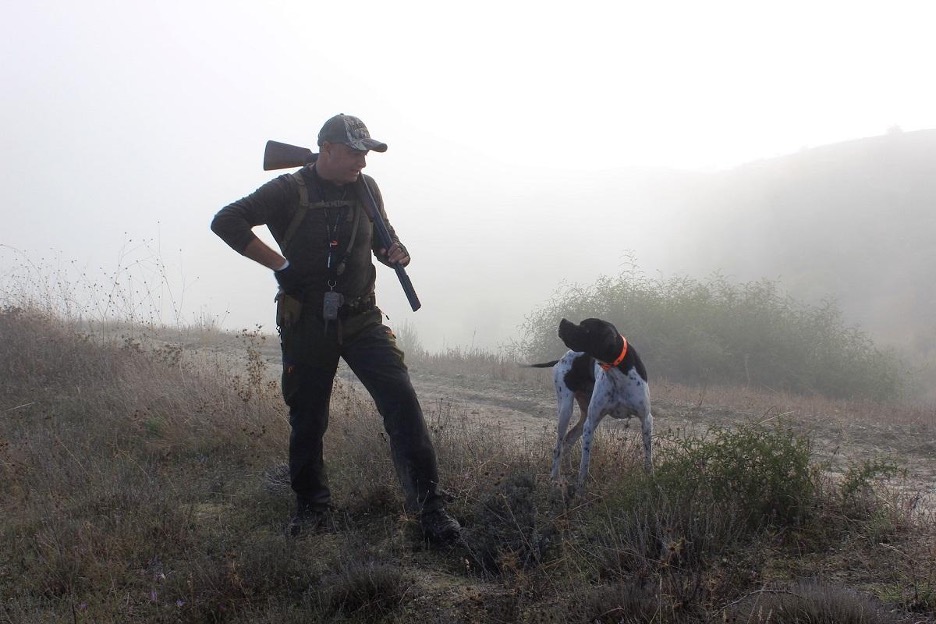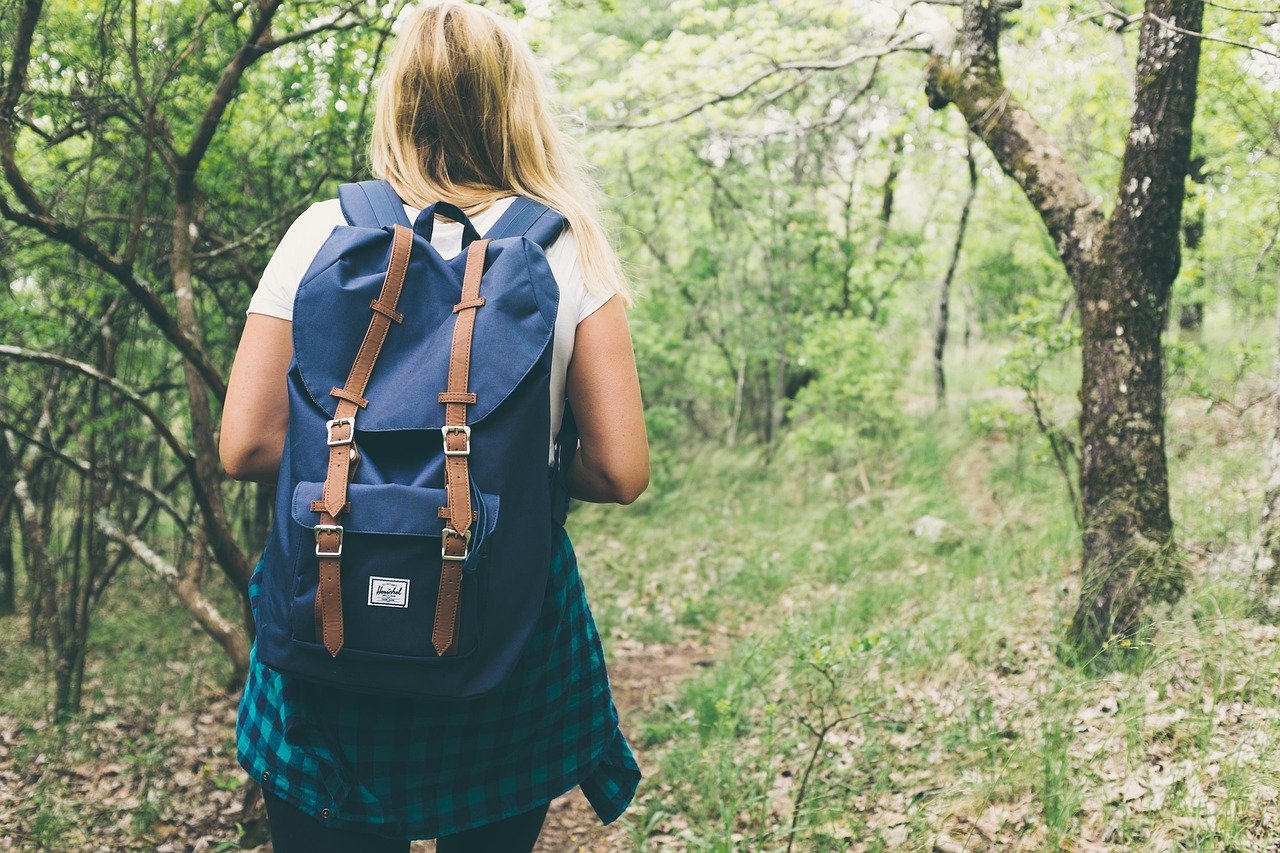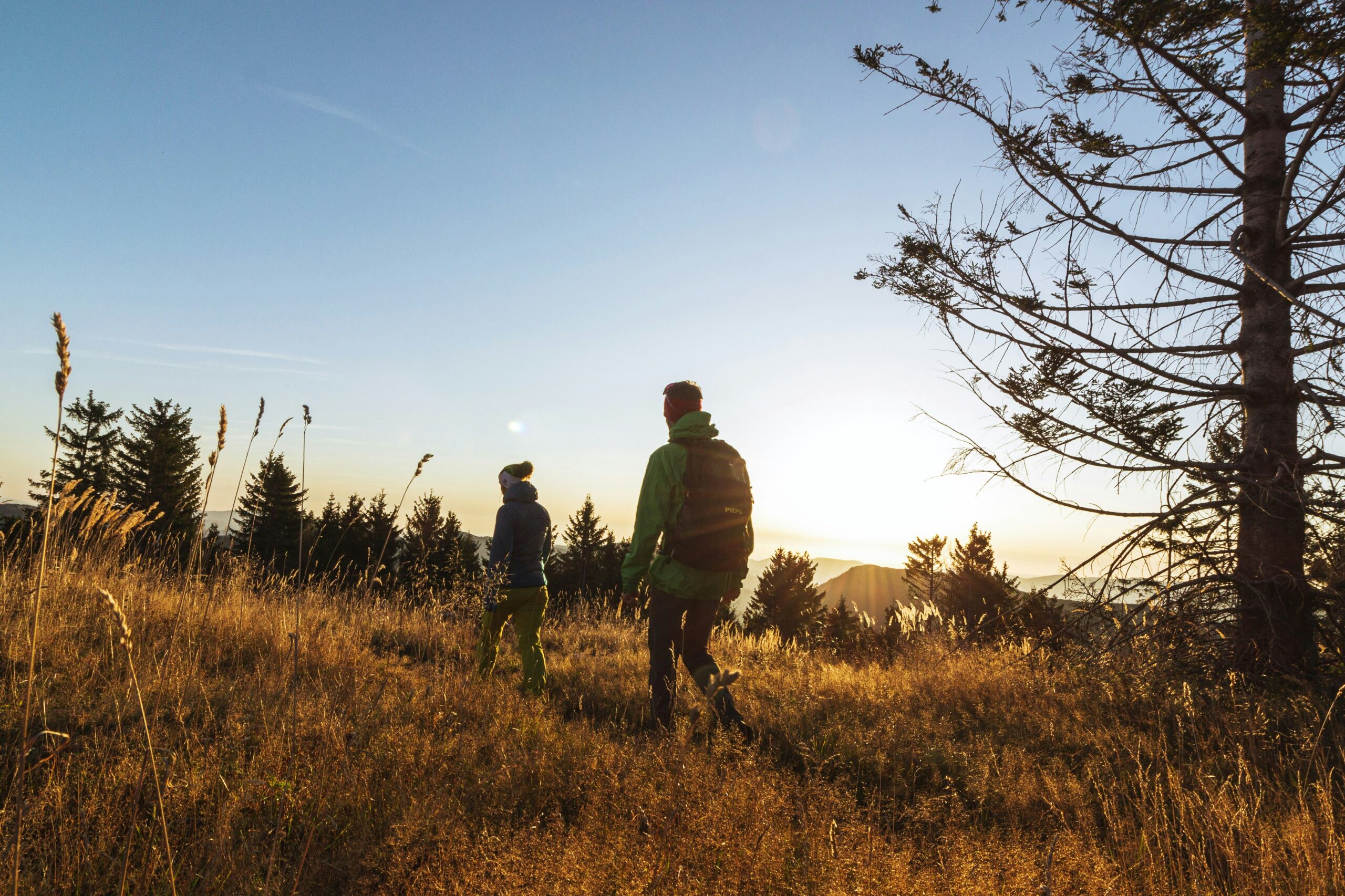Dogs have long been companions in the world of hunting. They utilize their keen senses and natural instincts to aid hunters in their pursuits. Now, there are two distinct categories of dogs in the realm of hunting: gun dogs and hunting dogs. Although they share some similarities, these canine companions serve very different roles in the hunting world.
In this post, we’ll explore their roles and differences in deep detail. Let’s get started!

What are gun dogs?
Gun dogs, also known as sporting dogs, are specifically trained to assist hunters with retrieving game and tracking wounded animals. They possess an impressive ability to respond to gunshots and work closely with hunters in the field. Popular gun dog breeds include Labrador Retrievers, Golden Retrievers, and Chesapeake Bay Retrievers.
These dogs are trained extensively to perform tasks such as retrieving downed game on both land and water. Gun dogs are particularly well-suited for upland game bird hunting, where they showcase their abilities to locate and flush game birds for the hunter to shoot. Additionally, gun dogs excel in waterfowl hunting. They retrieve ducks and geese from bodies of water.
What are hunting dogs?
On the contrary, hunting dogs encompass a broader range of skills and tasks. They are trained to track game and flush it out from its hiding places. In some cases, they tree the game by barking at the base of the tree to alert the hunter. Popular hunting dog breeds include Beagles, Pointers, and Coonhounds.
Hunting dogs showcase their tracking skills in small game hunting, such as rabbits or squirrels. They use their keen sense of smell to follow the scent trail of the game. In big game hunting, hunting dogs are often used to locate and flush out larger animals like deer or hogs, driving them towards the waiting hunters.
Read More: Top Hunting Dog Food for Peak Performance
Key Differences Between Gun Dogs and Hunting Dogs
The primary difference between gun dogs and hunting dogs lies in their respective roles and tasks. Gun dogs primarily focus on retrieving game and tracking wounded animals and hunting dogs specialize in tracking, flushing, and treeing game.
Temperament and behavior also differ between the two categories. Gun dogs are typically more obedient and can work closely with the hunter. These dogs respond to commands quickly.
Read It Now:: How to Go Fishing with Your Dog: Fun with Your Furry Friend
However, hunting dogs exhibit more independence and self-reliance, as their tasks often require them to work at a distance from the hunter.
Physical attributes and adaptations further differentiate gun dogs from hunting dogs. Gun dogs tend to have soft mouths. This allows them to retrieve the game without damaging it. Hunting dogs often possess a strong sense of smell, acute hearing, and speed. These physical attributes enable them in tracking and flushing out the game.
Read It Now:: Best Dog Training Collars for Effective Training
Training methods and techniques vary as well. Gun dogs undergo extensive training in obedience, marking, and retrieving. But hunting dogs require training in tracking, scent work, and trailing skills.
Some dogs like an Irish wolfhound mix classify as a gun dog and a hunting dog. It really comes down to how you train the dog and what’s its specific type.
Here’s a quick comparison table to help you differentiate between gun dogs and hunting dogs:
| Gun Dogs | Hunting Dogs | |
| Primary Role | Retrieving game | Tracking, flushing, and treeing game |
| Hunting Activities | Upland game bird hunting, waterfowl hunting | Small game hunting, big game hunting |
| Response to Gunshots | Trained to respond to gunshots | Not trained to respond to a specific action (they know the drill!) |
| Retrieval Skills | Retrieve downed game on land and in water | Retrieve game on land mostly |
| Notable Breeds | Labrador Retrievers, Golden Retrievers, Chesapeake Bay Retrievers | Beagles, Pointers, Coonhounds |
| Temperament | Obedient and work closely with the hunter | May exhibit more independence and self-reliance |
| Physical Attributes | Soft mouth for gentle retrieval of game | Strong sense of smell, acute hearing, and speed |
| Training Focus | Extensive training in obedience, marking, and retrieving | Training in tracking, scent work, and trailing skills |
| Primary Tasks | Retrieving and tracking wounded animals | Tracking, flushing, and treeing game |
| Working Distance | Work closely with the hunter in the field | Often work at a distance from the hunter |
Choosing the Right Dog for Hunting
We recommend considering the following factors before settling for a dog type:
- The type of game being hunted
- The terrain and environment
- Personal preferences and hunting style
Gun dog breeds are well-suited for hunters focused on upland game bird hunting or waterfowl hunting. Labrador Retrievers excel in retrieving game from water, while Pointers are known for their keen sense of smell and ability to locate upland game birds.
Hunting dog breeds are preferred for small-game hunting or big-game hunting. Beagles are excellent for tracking rabbits, while Coonhounds specializes in trailing and treeing raccoons.
Final Words
Note that regardless of the chosen breed, proper training and socialization are essential for both gun dogs and hunting dogs. Training ensures they understand and perform their designated tasks effectively. Socialization helps them adapt to various hunting environments and interact appropriately with other dogs and people. So, apart from choosing the breed carefully, make sure you nail these two tasks!



One thought on “Gun Dogs VS Hunting Dogs: What’s the Difference?”